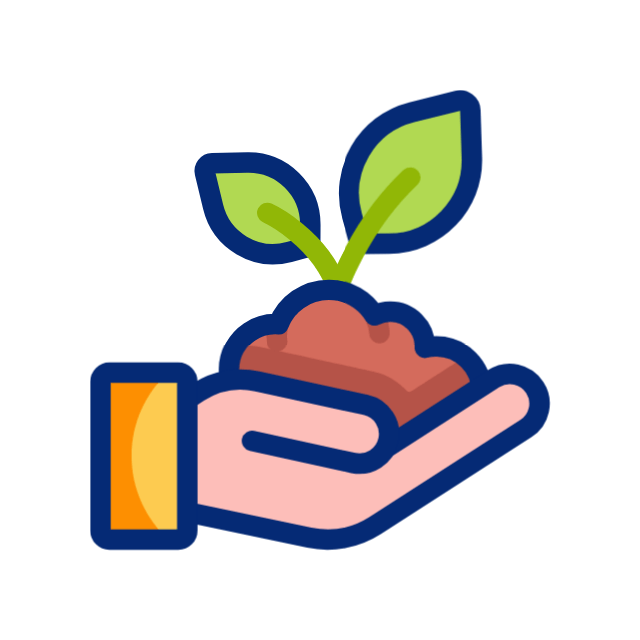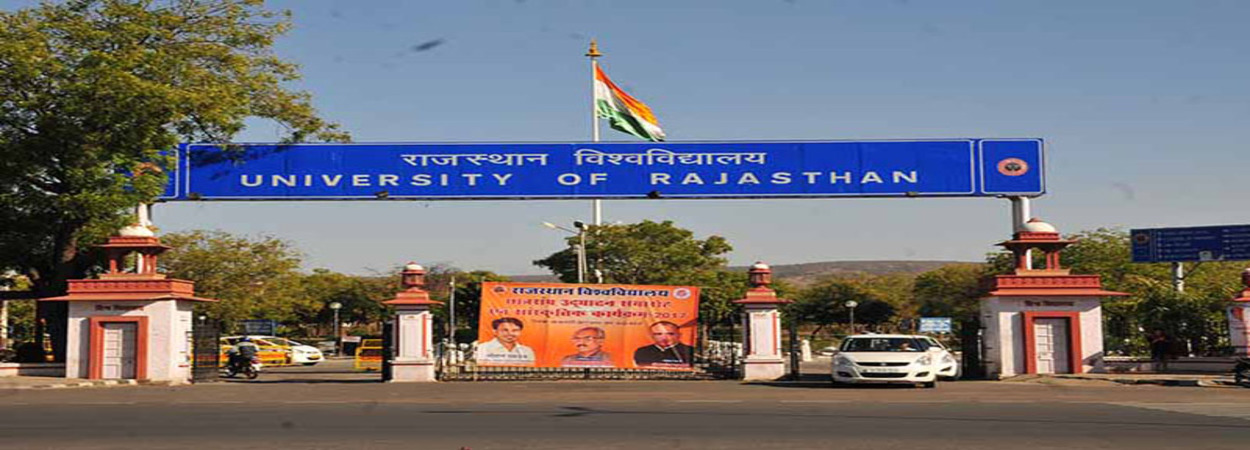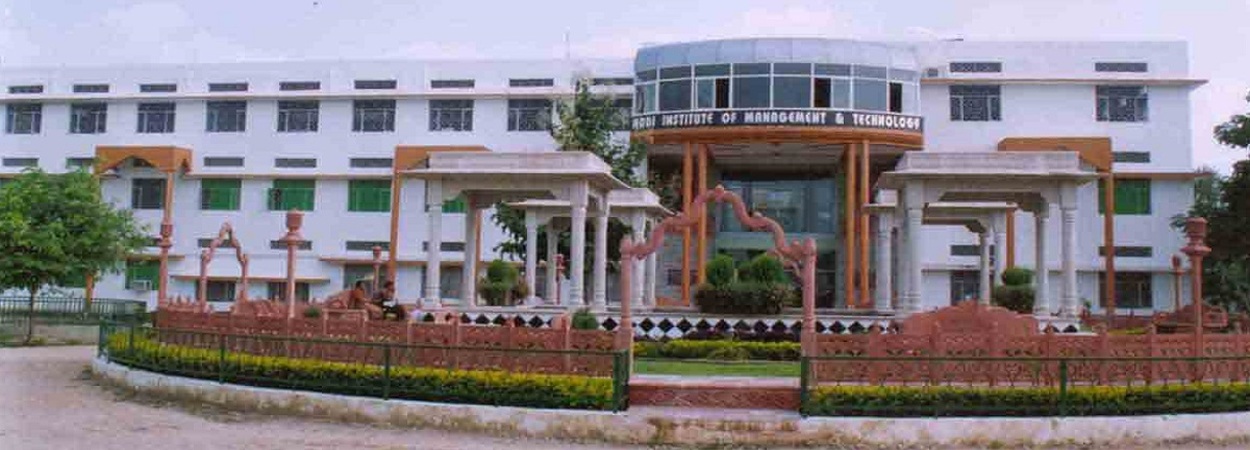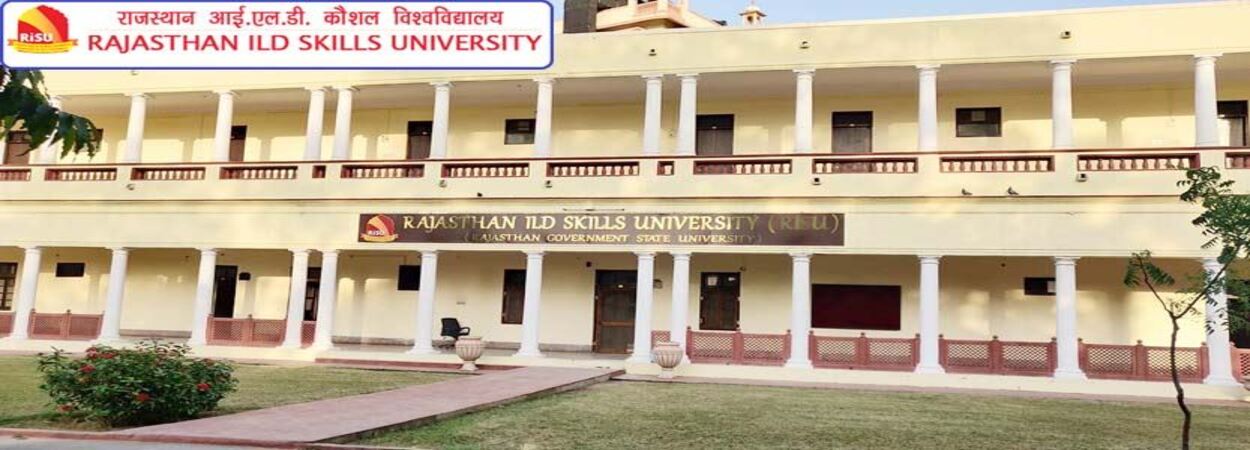Introduction:
A Ph.D. in Folk Music and Art is an advanced academic program that explores the rich tapestry of traditional music and artistic expressions of various cultures. It involves in-depth research into the historical, social, and cultural contexts of folk traditions, examining their significance, evolution, and contemporary relevance. Students engage in interdisciplinary studies, drawing from anthropology, musicology, and art history, to understand and preserve the heritage of folk arts. This degree prepares scholars to contribute to academic knowledge, cultural preservation, and the promotion of understanding and appreciation of diverse folk traditions.
Admission Process:
The admission process for a Ph.D. in Folk Music and Art generally includes:
- Online Application: Submission of an application form with personal and educational details.
- Transcripts: Uploading of academic records from previous studies.
- Letters of Recommendation: Providing recommendations from academic or professional references.
- Statement of Purpose: Writing a detailed statement outlining research interests and goals.
- Research Proposal: Submitting a proposal that outlines the intended area of study.
- Interview: Participating in an interview to discuss research interests and qualifications.
Eligibility:
Eligibility criteria for a Ph.D. in Folk Music and Art typically include:
- Master’s Degree: A master’s degree in a relevant field such as musicology, ethnomusicology, art history, anthropology, or cultural studies.
- Academic Record: A strong academic record, often with a minimum GPA requirement.
- Research Proposal: Submission of a detailed research proposal in the area of folk music and art.
- Entrance Exam: Clearing relevant entrance exams, if required by the institution.
- Interview: Successful performance in an interview discussing research interests and qualifications.
- Language Proficiency: Proficiency in the language of instruction, if not the native language.
Completion Time:
The completion time for a Ph.D. in Folk Music and Art is typically 3 to 5 years. This duration encompasses coursework, comprehensive exams, and the dissertation phase. Initially, students engage in coursework to deepen their understanding of folk traditions and research methodologies. Following this, they must pass comprehensive exams to demonstrate their mastery of the subject. The remainder of the program is devoted to conducting original research, culminating in a dissertation that contributes new insights into the field of folk music and art.
Career Opportunities:
A Ph.D. in Folk Music and Art can lead to various career opportunities:
- Academic Positions: As professors or lecturers in universities, teaching and conducting research.
- Cultural Organizations: Working as researchers or consultants for museums or non-profits.
- Arts Administration: Managing programs for cultural institutions or government agencies.
- Music Industry: Roles in production, composition, or as music instructors.
- Performing Arts: Engaging in performance, direction, or choreography.
- Cultural Policy: Shaping policies related to arts funding and education.
- Community Arts: Leading community-based arts initiatives and workshops.
Syllabus:
The syllabus for a Ph.D. in Folk Music and Art typically includes:
- Theoretical Foundations: Deep dive into the history and theory of folk music and art.
- Ethnomusicology: Study of music in its cultural context and its anthropological aspects.
- Art History: Exploration of the historical development of folk art forms.
- Fieldwork Methodology: Training in conducting field research and data collection.
- Cultural Studies: Examination of folk traditions within the framework of cultural studies.
- Performance Practice: Understanding the performance aspects of folk music.
- Dissertation Research: Focused research leading to a dissertation.
Internship Opportunities:
Internship opportunities for Ph.D. students in Folk Music and Art include:
- Cultural Organizations: Engaging in field research and public folk arts programming1.
- Academic Institutions: Participating in research projects within university settings.
- Government Agencies: Working on cultural policy development and arts funding.
- Music Industry: Gaining experience in production, composition, or music instruction.
- Arts Councils: Assisting in the management of arts programs and initiatives.
- Museums and Archives: Contributing to the preservation and curation of folk art collections.
Scholarship and Grants:
Scholarships and grants for a Ph.D. in Folk Music and Art are available through various sources:
- University Scholarships: Many universities offer scholarships as part of their doctoral programs.
- Government Fellowships: National governments provide fellowships for research in cultural fields.
- Cultural Organizations: Grants from organizations supporting arts and culture.
- Industry Funding: Companies may fund research relevant to their interests.
- International Grants: Offered by global organizations to promote cultural studies.
- Private Foundations: Provide funding for innovative research in folk music and arts.
FAQs:
What is Folk Music and Art?
It’s the study of traditional music and artistic expressions from various cultures, focusing on their historical, social, and cultural contexts.
Why pursue a Ph.D. in this field?
To contribute to the preservation, understanding, and appreciation of folk traditions and to conduct scholarly research in the field.
What are the prerequisites for admission?
Typically, a master’s degree in a related field such as musicology, ethnomusicology, or cultural studies, and a strong academic record.
How long does the program take?
The program usually takes 3 to 5 years, including coursework, comprehensive exams, and dissertation work.
What career paths are available after graduation?
Graduates can pursue careers in academia, cultural organizations, arts administration, and more.
Is funding available for Ph.D. students?
Yes, scholarships and grants are available from universities, governments, and cultural organizations.
Can I work while pursuing my Ph.D.?
Many programs offer teaching assistantships, research positions, or part-time opportunities.
What skills will I develop?
You’ll gain expertise in interdisciplinary research, fieldwork methodology, and cultural studies.
Is the Ph.D. program research-intensive?
Yes, it requires significant research leading to a dissertation that contributes new knowledge to the field.
Are there opportunities for international collaboration?
Yes, many programs encourage or facilitate international research experiences and collaborations.

















